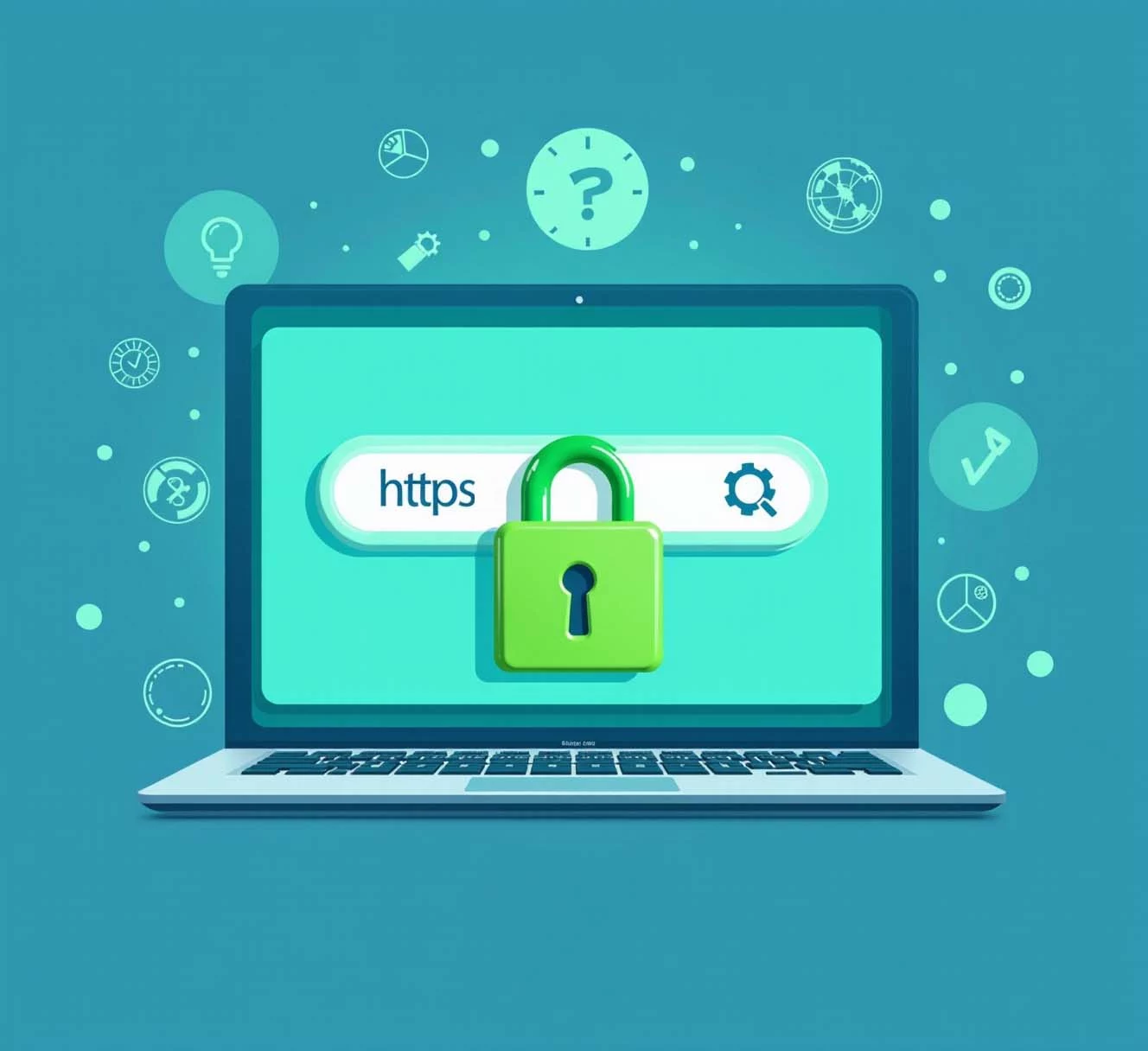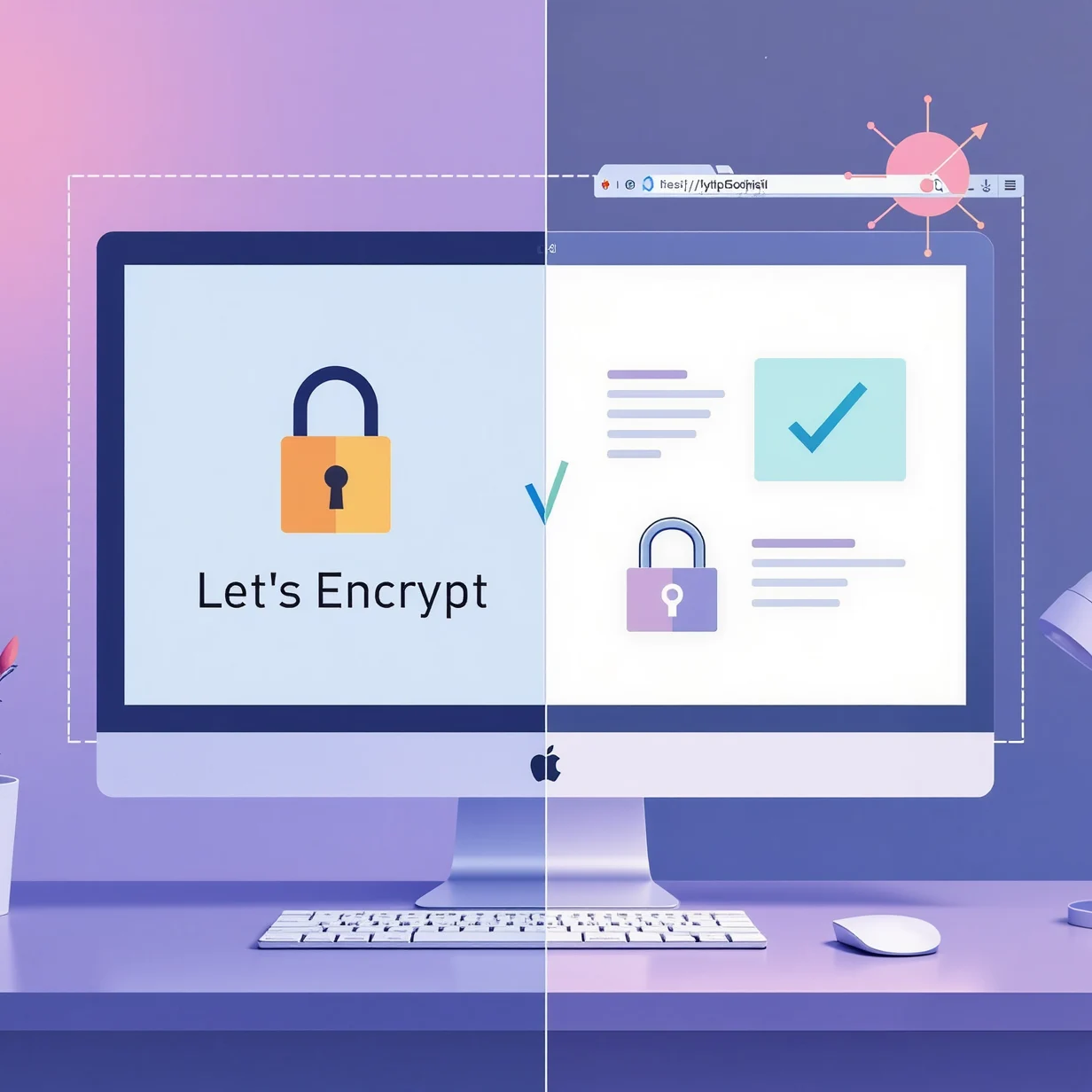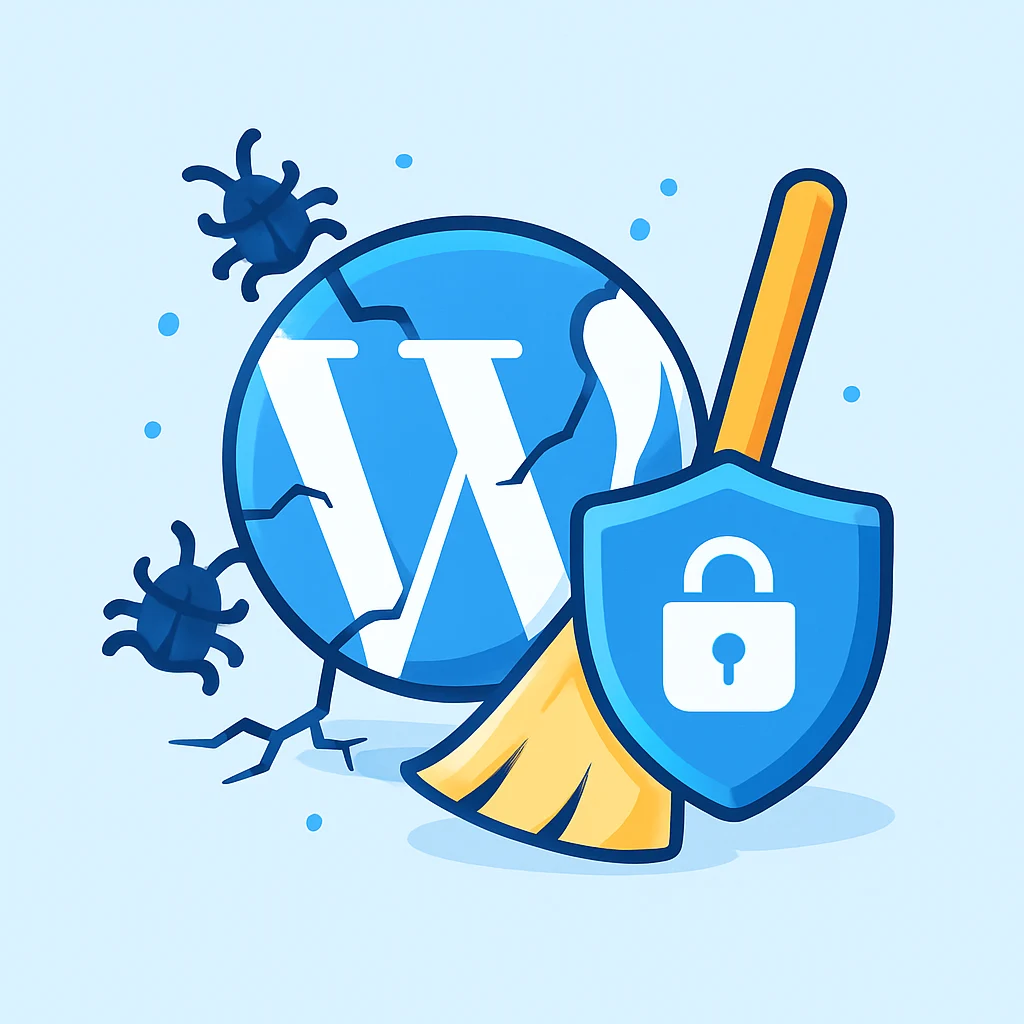
Why You Should Use SSL, Even if it’s Free SSL: Enhancing Security and Trust on Your Website
With the rapid growth of online businesses and digital transactions, website security has become essential. SSL (Secure Socket Layer) certificates are a fundamental aspect of web security, encrypting the connection between a user’s browser and your website. While SSL certificates were once seen as a premium add-on, free SSL certificates are now widely available, allowing all website owners to benefit from the basic security SSL provides.
In this article, we’ll explore why using SSL is crucial for any website, the differences between free and paid SSL certificates, and the SEO benefits of having an SSL-secured site.
For secure and affordable Web Hosting with Free SSL, explore our hosting plans today.
What is SSL, and Why is It Important?
SSL (Secure Socket Layer) is a technology that encrypts the data sent between a user’s browser and a website server. This encryption ensures that sensitive information, such as login credentials, payment details, and personal data, remains secure. SSL is also essential for verifying the authenticity of a website, which builds trust and enhances user confidence.
Key Benefits of SSL for Websites
- Enhanced Security: SSL encrypts data, preventing hackers from intercepting sensitive information.
- Increased Trust and Credibility: Visitors are more likely to trust sites with SSL (indicated by “HTTPS” in the URL and a padlock symbol).
- SEO Benefits: Search engines, including Google, prioritize HTTPS websites in search results, leading to better rankings.
- Compliance with Standards: Many industries require SSL as a basic security standard, especially for handling personal or financial information.
Why Use SSL, Even if it’s Free?
Some website owners hesitate to add SSL, assuming it’s costly or unnecessary if they’re not handling financial transactions. However, even free SSL certificates provide a basic level of protection that offers significant benefits:
1. Free SSL Certificates Provide Essential Security
Free SSL certificates offer fundamental encryption for your website. While they may lack the extended validation (EV) and warranty coverage of paid certificates, they still secure your site and protect your visitors from potential threats. For smaller websites or blogs, free SSL is usually sufficient to meet essential security needs.
2. SSL Builds Visitor Trust
When visitors see the “HTTPS” and padlock icon in the browser’s address bar, they know that the website is secure. Even free SSL certificates convey this level of trust, reassuring users that your site values their privacy. This is particularly important for new or small businesses that are working to establish credibility.
3. Boost SEO Rankings with SSL
Google and other search engines factor SSL into their ranking algorithms. Websites using HTTPS have a higher chance of ranking above non-secure websites. This means that adding SSL, even if it’s free, can positively impact your search engine visibility and drive more traffic to your site.
4. Improved Conversion Rates
A secure website is more likely to convert visitors into customers. With SSL, users feel more confident sharing personal information, signing up for services, or purchasing products on your site. Even free SSL can improve conversion rates by demonstrating that your site is secure.
5. Compatibility with Modern Browsers
Modern browsers increasingly mark non-HTTPS websites as “Not Secure,” which can deter visitors. Adding SSL, whether free or paid, ensures that your site is compatible with browsers’ security standards and avoids these warnings, preserving your brand image.
Types of SSL Certificates: Free vs. Paid
Understanding the differences between free and paid SSL certificates is essential when deciding which option best suits your needs. While both provide encryption, they have some key distinctions:
Free SSL Certificates
- Basic Encryption: Free SSL offers standard encryption to protect basic website data.
- Limited Validity: Typically valid for 90 days, requiring regular renewal.
- Issued by Automated Systems: Usually issued by automated systems (e.g., Let’s Encrypt).
- No Warranty or Insurance: Unlike paid SSL, free SSL does not include a warranty, which could cover damages in the event of a security breach.
Paid SSL Certificates
- Advanced Encryption and Validation: Paid SSL options, such as EV and OV (Organization Validated) certificates, provide a higher level of validation and security.
- Extended Validity: Typically valid for 1–2 years with automatic renewal options.
- Warranty Coverage: Paid SSL certificates include a warranty for added protection against security breaches.
- Customer Support: Paid SSL providers often offer dedicated support, ensuring assistance if any issues arise.
How to Get and Install a Free SSL Certificate
Securing your website with free SSL is straightforward. Here’s a quick guide to help you get started:
Step 1: Choose a Free SSL Provider
There are several reputable sources for free SSL, including:
- Let’s Encrypt: One of the most popular free SSL providers.
- Cloudflare: Offers free SSL through its content delivery network (CDN).
- SSL for Free: Provides SSL certificates using Let’s Encrypt.
Step 2: Check with Your Hosting Provider
Many hosting providers offer free SSL as part of their hosting plans. Contact your provider or check their documentation to see if they support free SSL installation.
Step 3: Install the SSL Certificate
If your hosting provider supports Let’s Encrypt or other free SSL sources, you can install the certificate directly from your hosting dashboard. Otherwise, you may need to manually generate and install the certificate using your provider’s settings.
Step 4: Test Your SSL Installation
Once installed, test your SSL certificate using online tools like SSL Labs or Why No Padlock? to ensure it’s working correctly. This will help identify any issues with mixed content (non-secure HTTP links) that may impact your website security.
Benefits of Using SSL for E-commerce Sites
For e-commerce sites, SSL is non-negotiable. Here are additional benefits SSL brings to online stores:
- Protects Payment Information: SSL encrypts credit card and payment data, ensuring a secure transaction process.
- Increases Customer Trust: Shoppers are more likely to purchase from sites that display the padlock icon, knowing their data is safe.
- Reduces Abandonment Rates: A secure, HTTPS-enabled website reduces cart abandonment rates by giving users confidence in the checkout process.
Addressing Common Myths about Free SSL
There are several misconceptions about free SSL that may deter website owners. Let’s address a few common myths:
Myth 1: Free SSL Isn’t Secure
While free SSL certificates may lack the additional features of paid options, they still provide basic encryption, which is suitable for most sites that don’t require advanced validation.
Myth 2: Free SSL is Difficult to Install
Most hosting providers support free SSL installation, simplifying the process. Automated tools like Let’s Encrypt also make it easy for website owners to implement SSL without technical expertise.
Myth 3: Free SSL Will Slow Down My Website
SSL does add a slight overhead to page loading, but the impact is minimal. In fact, modern web servers are optimized for SSL, ensuring minimal latency.
Using SSL on your website, even if it’s a free SSL certificate, is essential for building trust, enhancing security, and improving SEO. The benefits far outweigh the costs, particularly for small businesses and personal sites that may not need the advanced features of paid SSL options. By adding SSL, you’re taking a crucial step toward creating a safer, more credible online presence.
If you’re ready to secure your site with free SSL, explore our Web Hosting with Free SSL for reliable and affordable hosting solutions.









